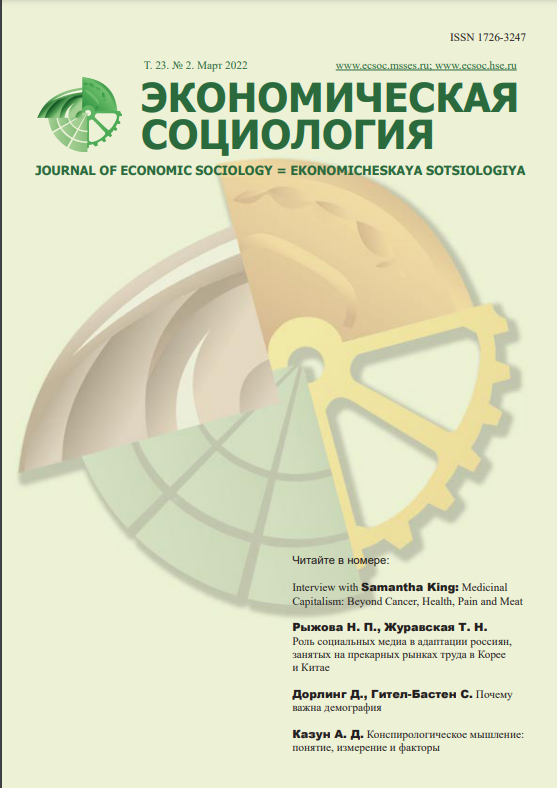Digital Utopia: Labour in the Age of Artificial Intelligence
Book Review: Jones Ph. (2021) Work Without the Worker: Labour in the Age of Platform Capitalism, London, New York: Verso. 144 p
Abstract
In recent years, we have been hearing more about the growing capabilities of artificial intelligence technologies, which are invisibly but surely being introduced into our lives in all its manifestations. Will these technologies revolutionize work? Can the digital utopia be realized? British researcher Phil Jones tries to answer these and many other questions in his book Work Without the Worker: Labour in the Age of Platform Capitalism. Jones invites the reader to look at the reverse and very unsightly side of the digital utopia. The focus of the research is microwork, realized in the form of the so-called “human intelligence task” (HIT) or “artificial artificial intelligence” (AAI). The purpose of the book is to show that it is the poorly paid and mentally destructive tasks performed by humans that make our digital lives more convenient and understandable, and not the functioning of artificial intelligence algorithms. The author analyzes the work of the “Mechanical Turk” service employees and its negative consequences, for example, the lack of guaranteed work and its payment, alienation, and an increasing number of psychological problems. The review presents the key provisions of the book: it describes the specifics of the MTurk service and the reasons for the author’s interest in this platform. It reveals Jones’s understanding of the term “microwork”, its main characteristics, and features of work, considers the factors that make it difficult to protest in the age of platform capitalism, outlines new utopia, and contains some critical remarks. The conclusion is that Jones’s book can be recommended reading for anyone interested in labour issues in the contemporary world.













